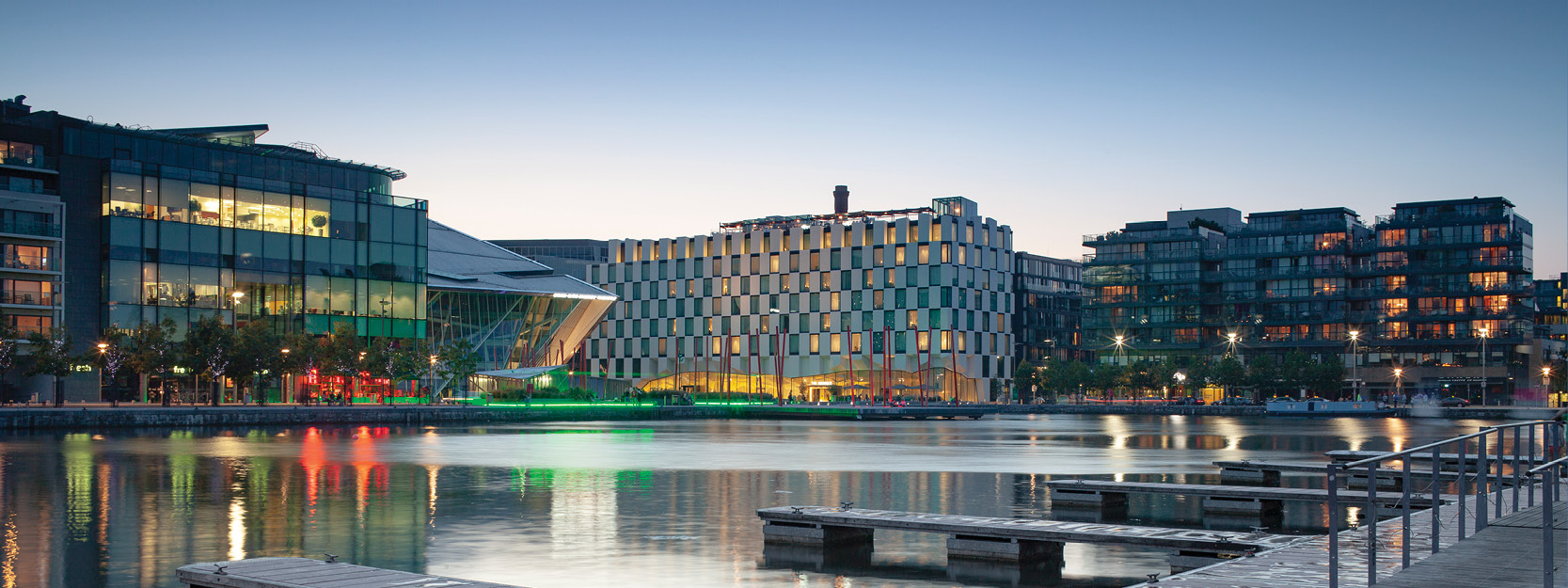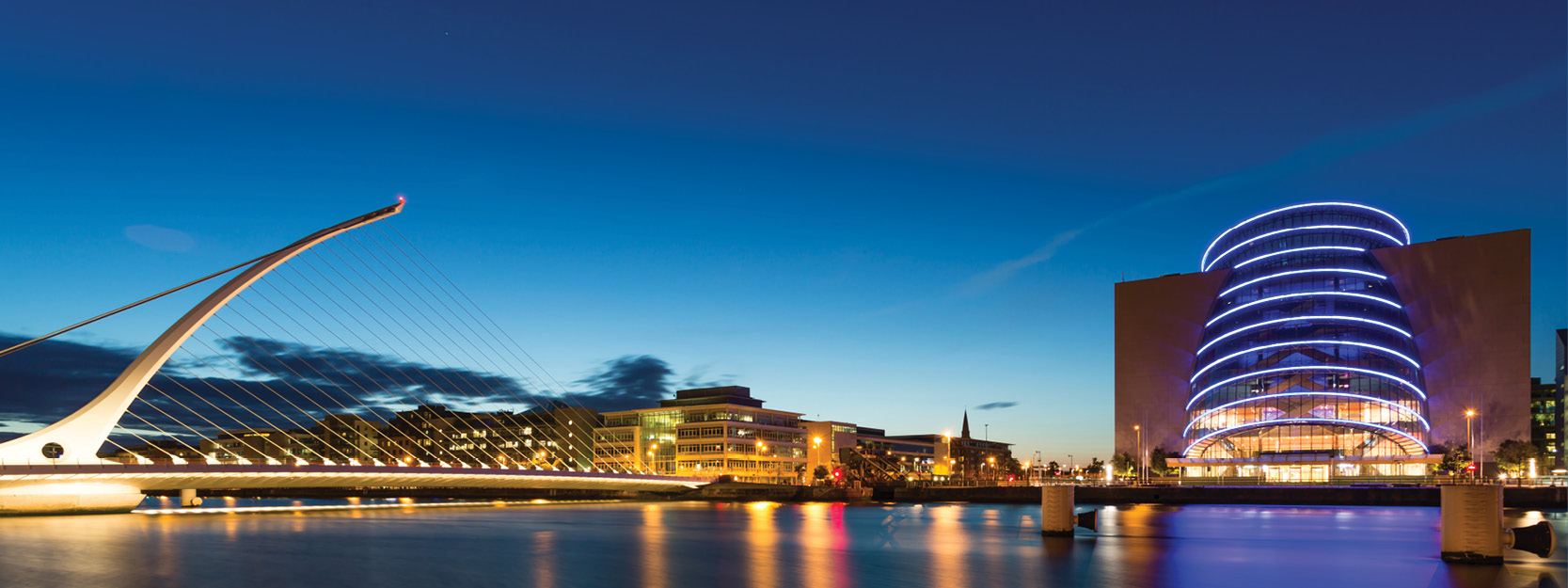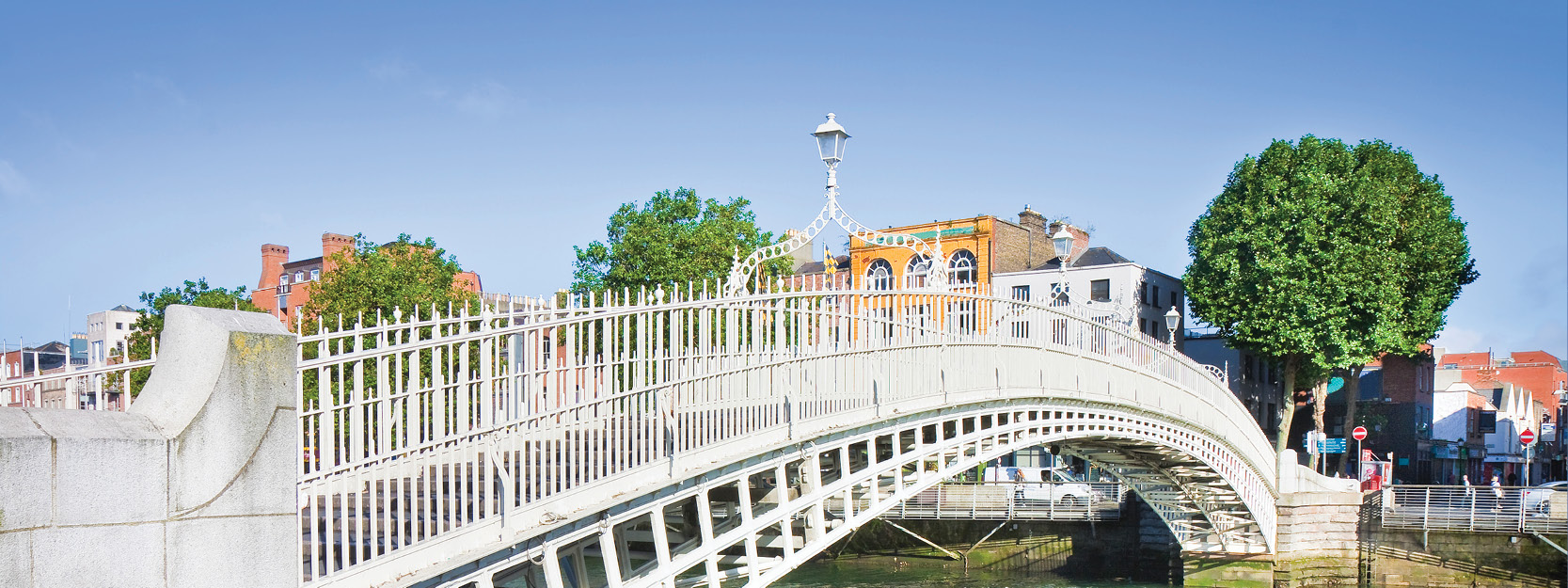If you plan to take employment in the Republic of Ireland, you need to have knowledge of some of the Irish laws and regulations regarding Foreign Nationals’s rights and obligations.
If you are a national of the European Economic Area (EEA) or of Switzerland, you have the right to enter, reside and work in Ireland without further formalities.
If you are a non-EEA national and intend to come to live in Ireland, there are several important pieces of documentation that you may need before coming here. These documents include:
- An employment permit or business authorization that allows you to work in Ireland.
- A relevant visa if you are a citizen of a visa-required country that allows you to enter Ireland.
- An Irish Resident Permit (IRP) will be issued by the Irish Naturalisation and Immigration service (INIS) upon appointment. Applications for IRP cards are made in person at Burgh Quay in Dublin for Dublin residents and at regional offices for those residing outside Dublin. An IRP card allows you to stay and reside in Ireland.
In the next sections you will find valuable information that might ease up your immigration process in Ireland.
Please find further information in http://www.inis.gov.ie/en/INIS/Pages/about-registration-system
Before you arrive in Ireland
If you are a non-EEA national who is coming to take short-term or long-term employment in Ireland, you will need permission to do so. Please note that you will need a valid passport with at least 16 months of validity in order to apply for any Employment Permit.
The main types of Employment Permits are Critical Skills Employment Permit, General Employment Permit, Intra-Company Transfers and Atypical Work Schemes. Processing times for Employment Permit applications vary greatly and can take from 4 to 6 weeks depending on type of application and volumes.
Once you have been granted an Employment Permit, you will have to apply for the relevant visa if you are a citizen of a visa-required country. There are various types of visas and each Irish Embassy has discretion to have put in place their own procedures. Processing times can also vary widely. Some Irish Embassies can issue visas in 7-10 working days, while others can take up to 5 weeks.
Once you have your original Employment Permit and a valid Irish visa (for visa required nationals only) you can book your flight and travel to Ireland.
Please contact the Global Mobility team in KPMG Ireland to be advised on which permit would suit your situation better as well as having your circumstances addressed. The team can also help you understand the different types of visa, the documents required and the processing times of applications around the world.
Please check if you need an Irish visa in http://www.inis.gov.ie/en/INIS/Pages/check-irish-visa
After you arrive in Ireland
When you land in one of the airports in Ireland, you will pass by the Irish Border Control. At border control an immigration officer will examine your passport, your visa (for visa required nationals only), and your original Employment Permit or Letter of Approval (for Atypical Work Schemes only).
The officer will then place a ‘landing stamp’ in your passport to give you temporary immigration permission to stay in the country. The usual time limit is 3 months, though you may be given less. Should you wish to stay longer than 3 months, you must visit an immigration registration office before your landing stamp expires.
Immigration registration
When you ‘register’, you are being granted with permission to stay in Ireland for longer than 90 days. This is the last step of your immigration process and must be done in due time.
If you live in Dublin, you must book an appointment online before your visit to Burgh Quay Registration Office to register in person. Please note that there are often delays for appointments and we strongly advise you to start trying to secure an appointment as soon as your arrival date is confirmed. If you live outside Dublin, you must go to a regional office to register.
During your visit to the registration office, you will provide the officer with your passport with correct visa (if applicable), original employment permit and a letter from KPMG Ireland confirming your employment. The officer will put a stamp in your passport to grant you immigration permission to stay in Ireland. A registration fee of €300 will be collected from you by bank giro, credit card or debit card. They will then register you and prepare to issue you with a registration certificate called an Irish Residence Permit (IRP). Your IRP card will be sent to you by post and should arrive within 7 to 14 working days.
Registration based on an Employment Permit is usually valid for 12 months. If you wish to stay in Ireland longer, you must renew your IRP card before it expires and only to the limit of the duration of your Employment Permit. We advise you to proceed the renewal at least two weeks in advance from the expiration date stated in your IRP card.
The Global Mobility Team in KPMG Ireland is here to provide you with immigration and relocation advice and support your experience before and after your arrival in Ireland. Should you have any queries please don’t hesitate to get in contact with the Team.
Please find further information on http://inis.gov.ie/en/INIS/Pages/registration

 Go to Top
Go to Top




Social Security
Personal Public Service Number
If you are coming to Ireland to live and work, it is important for you to be aware of the social security system in Ireland. There may be some significant differences between the system in Ireland and your home country so it will be worthwhile to familiarise yourself with the system in advance. Please find some information below.
What is Personal Public Service (PPS) number and why do I need it?
Your Personal Public Service number is a unique reference number given to you to help you access social welfare benefits and public services in Ireland. It is a unique identifier and makes it possible for public bodies to operate more efficiently.
If you are starting work for the first time in Ireland you will need a PPS number for social security and tax purposes. You will also use your PPS number for accessing social welfare and a wide variety of public services.
Please find further information on https://www.welfare.ie/en/Pages/home.aspx
How to apply for a PPS number?
You should contact your Social Welfare Local Office who will assist you with the registration process and attend your nearest PPS Number Allocation Centre also known as Intreo Centres. Please note that some Centres operate an appointment only system and it can take up to 2 weeks to secure the same.
We advise you to register for an account and book your appointment as soon as possible.
For general guidance please visit the website:
http://www.welfare.ie/en/Pages/Personal-Public-Service-Number-How-to-Apply.aspx
What will I be asked for?
To get a PPS number, you will need to fill out an application form in the PPS Number Allocation Centre, provide evidence of your identity and evidence of why you need a PPS number allocated. You must also provide proof of your address. KPMG will provide a Confirmation Letter to you. Please find details below: